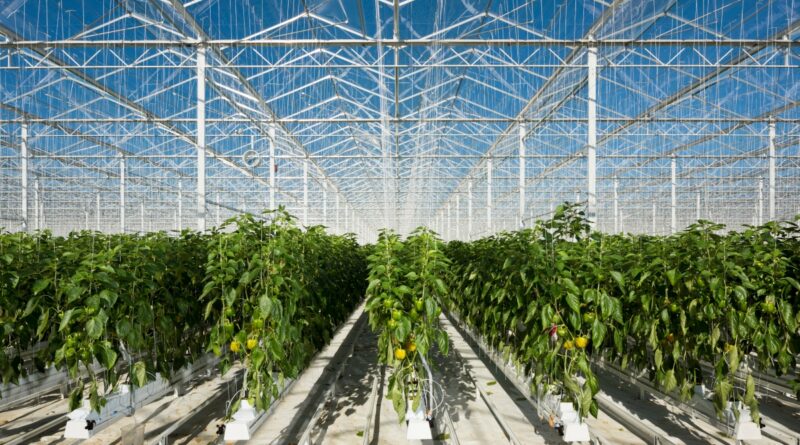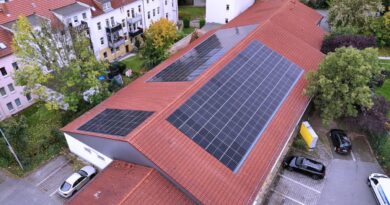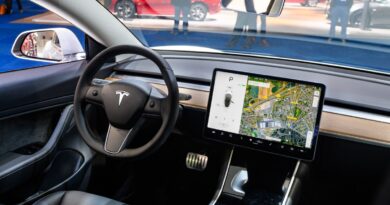To boost greenhouse productivity, Skytree is using space station CO2 scrubbers
Sucking carbon dioxide out of the air isn’t rocket science — the technology is decades old — but one startup thinks that maybe a little rocket science could help make direct air capture better.
Carbon dioxide scrubbers have been around since the 1800s, when commercial divers used them to extend their oxygen supply underwater. The technology got another boost when humans launched themselves into space. But it wasn’t until the specter of unchecked climate change that people began to consider its terrestrial applications.
A number of startups are racing to commercialize direct air capture of CO2, and most of them are chasing what you might call an open air market: drawing carbon straight from the atmosphere. Many use technology that draws on the same principles used in diving rebreathers and spacecraft life support, but Skytree is among the few that can claim a direct inheritance. The company was spun out of the European Space Agency in 2014 after its core technology saw service on the International Space Station.
On Tuesday, the company is announcing a $6 million seed round led by Horticoop and Yield Lab Europe, TechCrunch+ has exclusively learned.
Working in confined quarters seems to have shaped the company from its very founding. Its initial product was aimed at electric vehicles, of all things. Though the cars don’t produce any emissions, their occupants do, and carbon dioxide levels can build quickly in an unventilated cabin. But as anyone who has driven an EV can tell you, heating or cooling outside air can quickly sap battery’s range. Skytree figured that its scrubbers could remove carbon dioxide from the cabin, reducing the need to condition outside air.
Work on that product trundled along for a few years, but the automotive sector is a challenging market where volumes are high and margins are thin. Aware of this, the company began exploring other options. A new incoming CEO, Rob Van Straten, cemented the decision.
“Volkswagen will not sign with you with an eight-person or 20-person company — it will just not happen,” Van Straten told TechCrunch+. “And if that miracle does happen, they will squeeze you to the bone and you can’t build a profitable company. It’s a dead-end street.”
Van Straten instead directed the company to develop its other product, which was also tailored to confined spaces: greenhouses.
To boost greenhouse productivity, Skytree is using space station CO2 scrubbers by Tim De Chant originally published on TechCrunch





